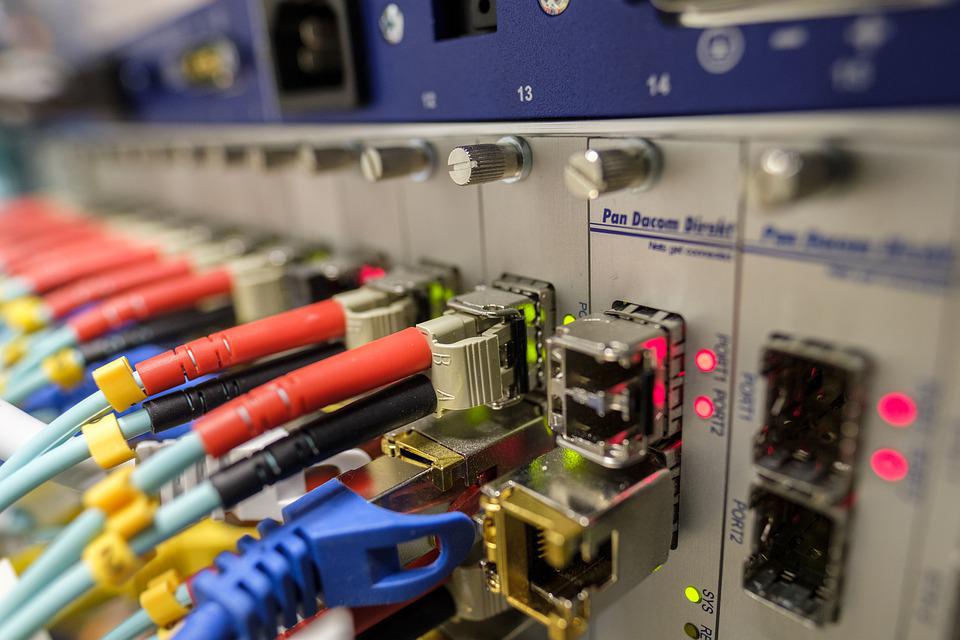
Trade watchdog suggests anti-dumping duty on optical fibre, key for telecom

In a move that could impact the telecom industry, especially faster broadband internet services, the Directorate General of Trade Remedies (DGTR) has recommended the imposition of anti-dumping duties on optical fibre imported from China, South Korea, and Indonesia. Optical fibre is used to manufacture fibre optic cables that are used for faster telecom connectivity through 3G, 4G, and 5G services.
The levy specified for optical fibre imported from Hangzhou Futong Communication Technologies of China is $464 per 1000 fibre kilometres (KFKM). According to a gazette notification issued by DGTR, the anti-dumping duty recommended for Jiangsu Fasten Photonics Co Ltd, also from China, is $254 per KFKM while imports from Jiangsu Sterlite Fiber Technology, a Sterlite joint venture in China, will suffer anti-dumping levy of $122 per KFKM. In the case of South Korean companies, the anti-dumping duty recommended is $807 per KFKM while imports from Indonesia will attract an anti-dumping levy of $857 per KFKM.
If these anti-dumping duties are notified and levied by the Department of Revenue in the Ministry of Finance, the cost of fibre optic cables will go up, and the telecom industry, already in stress due to cut-throat competition, will face the impact. Companies like HFCL Ltd import optic fibre to manufacture fibre optic cables used by telecom players like Jio, Airtel, Vodafone, MTNL, and BSNL.
Also read: India Inc in a fix as Finance Ministry stonewalls pleas for anti-dumping duties
Unfair trade practice
A detailed investigation by DGTR has concluded that dispersion unshifted single-mode optical fibre (SMOF) imported from China, South Korea, and Indonesia was being dumped into India and the domestic industry has suffered injury on account of this unfair trade practice. The link between the dumping and the injury suffered by the domestic industry has also been confirmed, says the gazette notification.
Optical fibre enables “signal transmission within certain bands” and is used in optic fibre cables used typically by long-distance and long-haul metro area telecom networks. Cables of this type are preferred due to their high data rate.
Investigation into the complaint of Birla Furukawa Fibre Optics was initiated by the DGTR last May, and the supplier companies based in China, South Korea, and Indonesia were given the opportunity to present their version through video conference and written submissions. Interestingly, the debate over China being treated as a market economy on becoming a member of the World Trade Organization (WTO) was also part of the deliberations.
Also read: Every village to be connected with 4G by 2024: Devusinh Chauhan
Recommendations on hold
Besides Birla Furukawa, which is a joint venture between the MP Birla Group and Furukawa Electric of Japan, several other companies, like Finolex Technologies, 2TT, and Aksh Optifibre Ltd, produce optical fibre in India. Corning India Technologies Ltd, another domestic producer, supported the anti-dumping application of Birla Furukawa.
According to DGTR, the probe looked into imports during 2021, and domestic producers cited the injury they suffered in terms of loss of business and inability to expand their business.
Earlier, most of the recommendations for anti-dumping duties, emanating from quasi-judicial investigations in the Department of Commerce, were accepted by the Department of Revenue, with just a few rare exemptions. However, the Department of Revenue has been putting a large number of anti-dumping recommendations on hold over the past couple of years, resulting in litigation and repeated complaints from the domestic industry.


